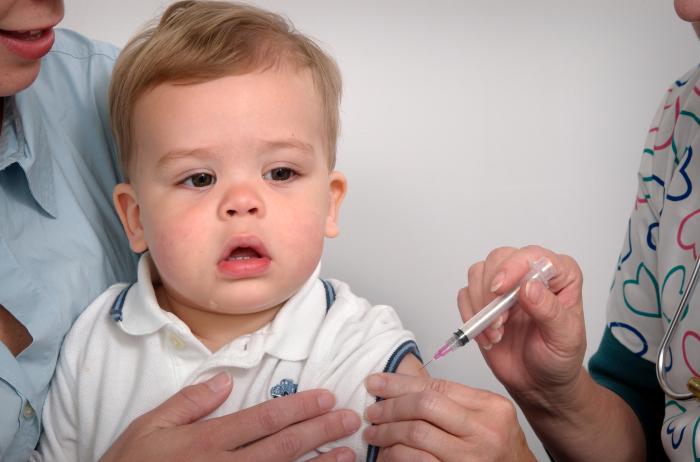In 2017, health officials in Oregon reported a tetanus case in a 6- year-old boy who was unvaccinated. The child sustained a forehead laceration while playing outdoors on a farm; the wound was cleaned and sutured at home.

This case was discussed in the “Notes from the Field” in the latest issue of the CDC’s Morbidity and Mortality Weekly Report (MMWR) .
About one week after suffering the wound, had episodes of crying, jaw clenching, and involuntary upper extremity muscle spasms, followed by arching of the neck and back (opisthotonus) and generalized spasticity. Later that day, at the onset of breathing difficulty, the parents contacted emergency medical services, who air-transported him directly to a tertiary pediatric medical center. The boy subsequently received a diagnosis of tetanus and required approximately 8 weeks of inpatient care, followed by rehabilitation care, before he was able to resume normal activities.
All in all, this first totally preventable pediatric case in Oregon in more than three decades required 57 days of inpatient acute care, including 47 days in the intensive care unit. The inpatient charges totaled $811,929 (excluding air transportation, inpatient rehabilitation, and ambulatory follow-up costs).
Tetanus is an acute neuromuscular disease caused by the bacterium Clostridium tetani. Bacterial spores found in soil can enter the body through skin disruption, with subsequent onset of clinical illness ranging from 3 to 21 days (usually within 8 days).
Routine administration of a 5-dose DTaP series is recommended for all eligible children at 2, 4, and 6 months of age, then a dose at 15–18 months of age, and a fifth dose at 4–6 years of age. Booster doses of diphtheria and tetanus toxoids are recommended every 10 years throughout life.
Related:
- ‘We’re quickly getting to a scary place that’s called a post-antibiotic world’: Researchers
- Iceland: All four measles cases were unvaccinated
- Dengue cases up 67 percent in the Philippines
- Tampa: Families and patients join the movement to cure ALS
- Cutaneous leishmaniasis: How does the body responds to DCL?
- Canada: 17 measles cases reported in British Columbia
- New Jersey reports hepatitis A cluster among homeless, substance abusers
- Salmonella Outbreak Linked to Supermercado Rivera in Chicago
- Measles in Japan: Most are genotype D8


Of course the trash parents learned nothing from this. proving it’s never about the child and always about the parents’ need to avoid ego dystonia at any cost.